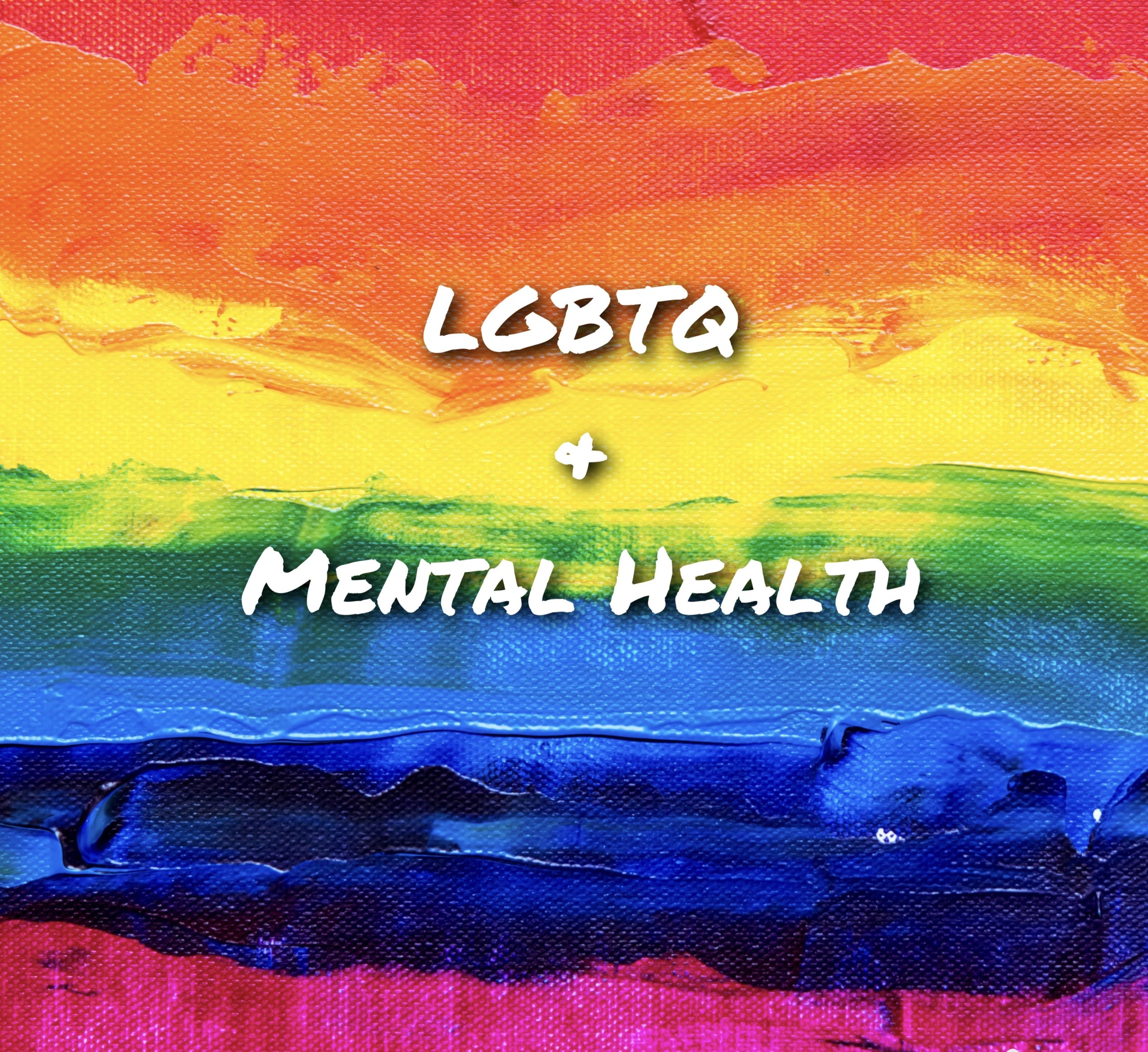
Mental Health in the LGBTQ Community
Mental health and overall healthcare can be a problem for any population. A group highly affected is the LGBTQ community. Research shows that prejudice and biases present in the general population can result in negative mental health outcomes for minority populations. People who identify as LGBTQ are three times more likely to have a mental health condition. This is generally because of the circumstances and discrimination that they are exposed to. Discrimination can extend into healthcare treatment which makes it difficult to find appropriate care.
LGBTQ youth
In addition, statistics show that LGBTQ youth are also three times more likely to commit suicide or self-harm. It’s one of the leading causes of death among LGBTQ individuals ages 10-24. Over half of the transgender population experience suicidal ideation.
Depression, anxiety and co-occurring disorders
The LGBTQ population is six times more likely to experience depression than the general population and they also have higher rates of anxiety disorders or PTSD. Additionally, they experience substance use at rates two to three times higher than the general population. Members of the LGBTQ community are also 1.5 times more likely to be daily smokers. Substance use is used as a coping mechanism due to the lack of support, discrimination and poor healthcare treatment often faced by LGBTQ individuals. However, those who are able to find a strong, supportive community among their peers, family or community show better outcomes in all of these areas.
The healthcare and especially mental healthcare for the LGBTQ has improved, resulting in a myriad of resources and support. The lack of understanding or fear of rejection people might experience is common. Finding someone who can support you on your path to recovery is imperative. There are many ways to treat mental health disorders, including several kinds of therapy and medications, as well as support meetings.
If you or someone you know would like to get an assessment for a mental health disorder, we can help and Lifeline Connections does not discriminate; all are welcome. There are mental health professionals that you can connect with virtually through Telehealth. They’ll work with you every step of the way and connect you with online support groups. Learn more about our mental health programs.
Source: https://www.mhanational.org/issues/lgbtq-communities-and-mental-health
